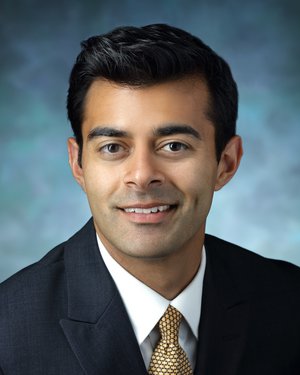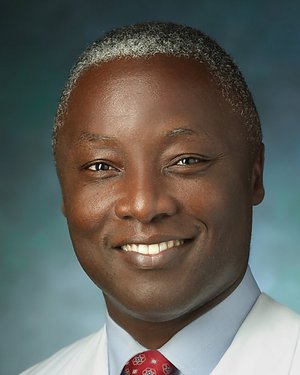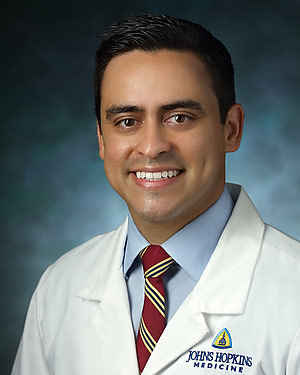-
Shaun C. Desai, MD

- Chief of Facial Cosmetic Surgery
Expertise: Aesthetic Plastic Surgery, Craniofacial Plastic Surgery, Facial Plastic Surgery, Otolaryngology
Primary Location: Johns Hopkins Health Care & Surgery Center — Bethesda, Bethesda, MD
-
Lisa Earnest Ishii, MD

- Senior Vice President of Operations, Johns Hopkins Health System
Expertise: Aesthetic Plastic Surgery, Facial Plastic Surgery, Otolaryngology
Primary Location: Johns Hopkins Health Care & Surgery Center - Green Spring Station, Lutherville, Lutherville, MD
-
Kofi O. Boahene, MD

Expertise: Craniofacial Plastic Surgery, Aesthetic Plastic Surgery, Facial Plastic Surgery, Otolaryngology
Primary Location: Johns Hopkins Outpatient Center, Baltimore, MD
-
Jason C. Nellis, MD

Expertise: Aesthetic Plastic Surgery, Facial Plastic Surgery, Craniofacial Plastic Surgery, Otolaryngology
Primary Location: Sibley Memorial Hospital, Washington, DC
Treatments and Procedures: Mohs Surgery and Skin Cancer Reconstruction
When you are facing Mohs surgery for skin cancer, you may be concerned about effectively addressing skin cancer, but also the impact of the procedure on your appearance.
With both goals in mind we offer a unique team approach, with the Mohs skin cancer dermatologic surgeon treating the cancer, and our facial plastic surgeons restoring the natural contours of your face. Our expertise ensures the best possible aesthetic result for your surgery and repair.
Mohs Surgery and Skin Cancer: Before and After Pictures
Why Choose Johns Hopkins Facial Plastic Surgery
- The team offers unique skills in the reconstruction of the nose, face, ears, neck and scalp after Mohs surgery for skin cancer
- The large number of patients we see and the experience of our faculty offer you a rare degree of skill and expertise in even the most complex procedures
- From surgeons to staff, our entire team focuses on your health and well-being, and will support your experience with knowledgeable care, clear communication and compassion
What to Expect
Our team will work with you to plan your microsurgical reconstruction, starting with a detailed evaluation. This is essential to helping you understand what to expect, including the potential impact on the appearance and function of your facial features.
Your surgeon will assess you for potential donor skin sites that are likely to produce the best results with minimal loss of function. The doctor may close the surgery area by using surrounding tissue (local flap), or graft skin from another area of the body (skin graft). Your team may recommend a staged procedure that uses tissue expanders to grow more tissue to cover the incision.
Follow-up care is vital to monitor healing. Anything unusual should be reported to your surgeon immediately, and you should be sure to keep your follow-up appointments with your surgeon: one day, one week and one month after surgery.
Mohs Reconstructive Surgery: What Patients Need to Know
Mohs reconstructive surgery is often required for patients who undergo Mohs surgery to remove skin cancer from the face. Facial plastic and reconstructive surgeon Shaun Desai discusses how patients benefit from choosing a surgeon with extensive experience in complex reconstruction of the face, and what to expect from Mohs reconstructive surgery.
Our Physicians
Our doctors are board certified in both otolaryngology—head and neck surgery and facial plastic and reconstructive surgery, which gives our team a unique and comprehensive level of expertise.









